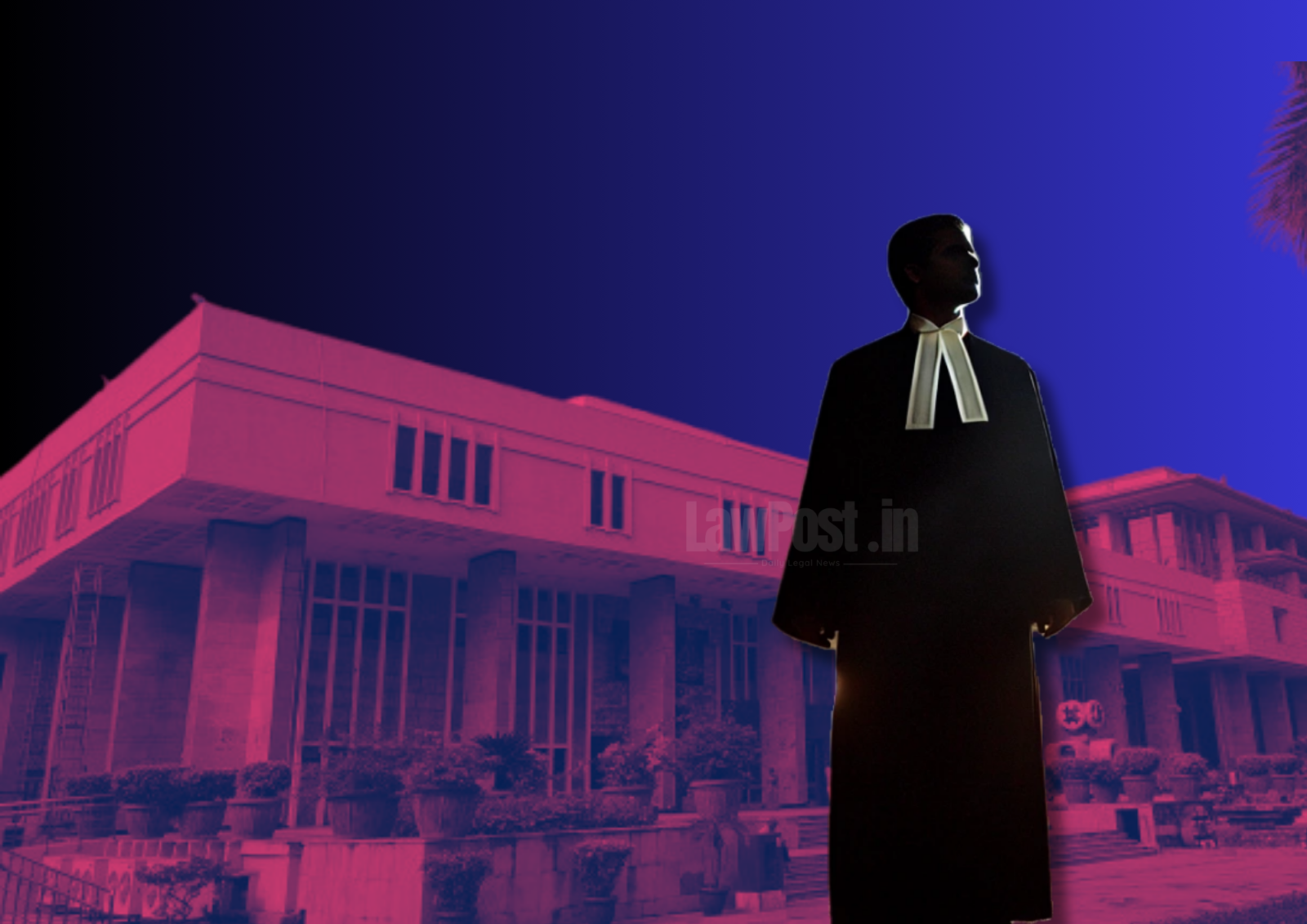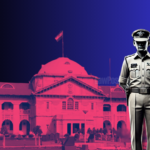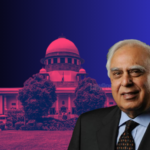In a significant ruling, the Delhi High Court emphasized that foreign law degree holders must pass the Bar Council of India (BCI) qualifying examination, even if they have completed a bridge course from an Indian law college.
Justice Sanjeev Narula delivered the decision on November 28 in the case of Mehak Oberoi vs Bar Council of India & Ors, highlighting the statutory requirement for such graduates to demonstrate their readiness to practice law in India.
Mandatory Assessment of Professional Readiness
The Court underscored the importance of the BCI qualifying exam, stating that it is a critical measure to ensure that foreign law degree holders meet the professional standards expected in the Indian legal system.
“The successful completion of the bridge course undoubtedly grants the Petitioner equivalency in educational terms; however, it does not dispense with the statutory requirement to appear for the Qualifying Examination,” the Court noted.
Petitioner’s Challenge Rejected
The petitioner, Mehak Oberoi, who had earned her law degree from the University of Buckingham and completed a two-year bridge course at the National Law University, Delhi (NLUD), challenged the BCI’s mandate to clear the qualifying exam.
She argued that her academic achievements, which included clearing exams conducted by both the University of Buckingham and NLUD, should suffice for her enrolment and eligibility to practice law in India.
However, the Court observed that Oberoi had been informed of the requirement when she sought permission to undertake the bridge course. “By voluntarily acting upon the communication and undertaking the bridge course, the Petitioner has implicitly acknowledged and accepted the regulatory framework governing her enrolment,” the judgment stated.
Distinguishing Karnataka HC Ruling
Justice Narula also addressed a recent Karnataka High Court decision that exempted a similarly situated law graduate from taking the BCI qualifying exam. The Delhi High Court clarified that the Karnataka case was based on BCI notifications from 2023, whereas the current case involved revised notifications issued in 2024.
“The observations of the Karnataka High Court cannot be extended to the present case, as they pertain to an entirely distinct regulatory framework,” the Court ruled.
Significance of the Ruling
This ruling reiterates the BCI’s authority to mandate assessments for foreign law graduates, ensuring their qualifications align with Indian legal standards.
The case was argued by a team of lawyers including Manish Kaushik, Mishal Johari, Ajit Singh Joher, and others on behalf of the petitioner.
This decision underscores the importance of adhering to regulatory requirements, even for those with equivalent educational qualifications, reaffirming the BCI’s role in maintaining the professional standards of Indian legal practitioners.








